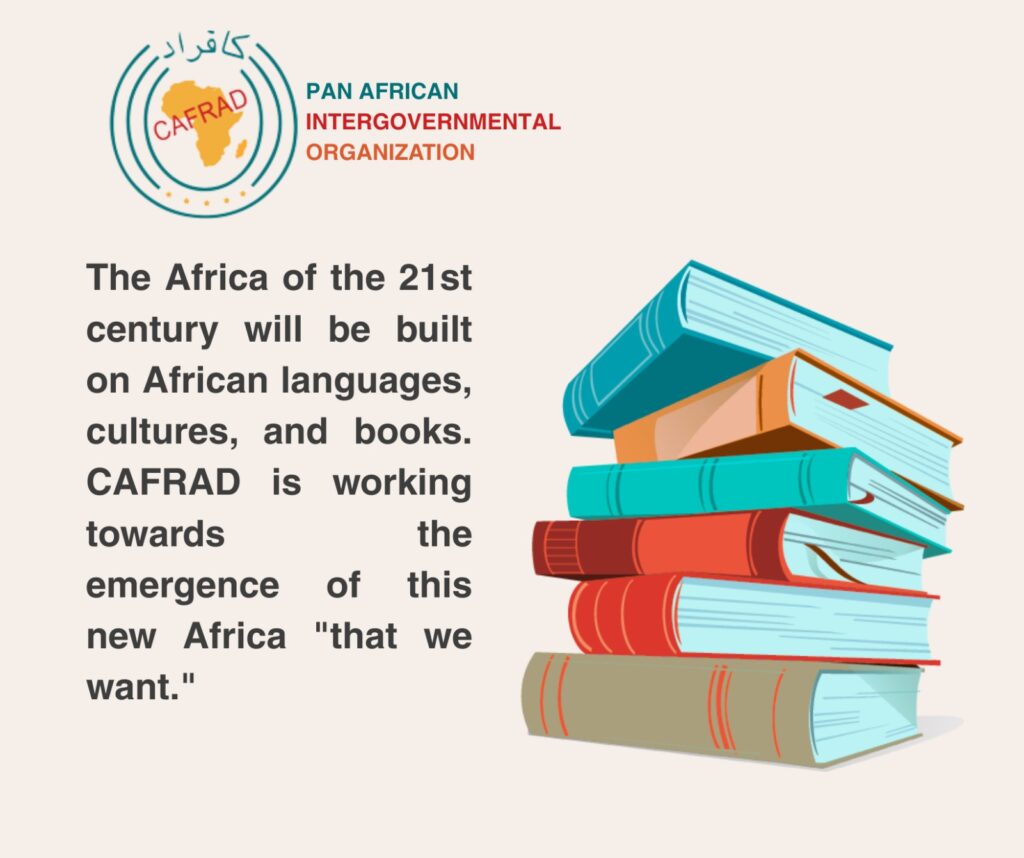Culture, languages and dialogue: the book as a continental bridge

Under the High Patronage of His Majesty King Mohammed VI, May God Assist Him, the 30th edition of the International Publishing and Book Fair (SIEL) 2025 is held from April 18 to 27, 2025. This is an annual literary event that brings together more than 700 exhibitors, around fifty countries represented, but especially book lovers, for ten days during which exhibitions, debates, meetings and conferences will be given around publishing, literature, the sharing of cultures, and multicultural dialogue. Organized by the Ministry of Youth, Culture and Communication, in partnership with the Region and the Wilaya of Rabat-Salé-Kénitra, this major cultural event promises an exceptional edition, both in terms of its scale and the richness of its program.
Sharjah, a brilliant Emirati city, is being honored during this edition. This city has the status of “international platform of the Arab and Islamic worlds at the heart of the Arab Cultural Project”, and advocates the encouragement of cultural, literary, artistic and publishing sharing between the regions. Arab culture is celebrated during this edition thanks to the arrival of several authors, publishing houses, experts and intellectuals, who will exchange on the literary and cultural industry. The city of Sharjah plans to highlight the culture of the United Arab Emirates (UAE) at the forefront, through the representation of more than 15 publishing houses, and hopes to strengthen and support the ties between the two countries, around cultural exchanges and the promotion of publishing and Arabic books.
The most significant event of this 30th edition is the promotion of Moroccans Around the World, in recognition of their contributions to the dissemination of Moroccan cultural identity internationally.
The cultural program offered for this 30th edition is rich and diverse: it includes approximately 26 activities per day, led by 762 Moroccan and foreign speakers. Indeed, the city of Rabat promises a veritable literary procession, through conferences, literary gatherings, readings, poetry evenings, tributes, and debates that will punctuate this event. Symbolic figures of Moroccan culture will be honored, as will personalities from the Arab world, in collaboration with ALECSO (Arab League Educational, Cultural, and Scientific Organization).
Youth and children are also celebrated by SIEL: a large space will be dedicated to young audiences with several scheduled activities, including educational workshops spread across six areas of the “Children’s Space.”
Two major literary prizes will be awarded: the Ibn Battouta Prize for Travel Literature and the National Reading Prize, recognizing remarkable literary and intellectual achievements.
Driven by a strong desire to boost the national cultural scene, this 30th edition is part of an ambitious vision: to strengthen Rabat’s position as a cultural capital, as the city prepares to become the World Book Capital in 2026.
The celebration of culture, books, and words leads us to focus on the importance of language, this precious tool that allows humans to express themselves, flourish, and open up to others. As Arabic is one of CAFRAD’s official languages, we celebrate it every day. Language is a link between peoples and a pillar of cultural diversity, particularly on the African continent. Promoting languages is a strategic issue for the educational, intellectual, economic, and social future of Africa, a continent teeming with dialects, local languages, and international languages. Thanks to the continent’s multilingualism, Africa is able to open up to both the Western and Arabic-speaking worlds, and thus diversify its paths of cooperation and regional and international integration. Today, Arabic, a language of spirituality, culture, and cooperation, is celebrated and taught in several African states, including several members of CAFRAD. A true vector of identity, knowledge, and exchange, the celebration of language through culture is essential in the dialogue between civilizations.
Language is therefore essential to the dissemination and sharing of knowledge, as well as to the dissemination of research findings and the implementation of learning and training programs.
The Africa of the 21st century will be built on African languages, cultures, and books. CAFRAD is working towards the emergence of this new Africa “that we want.”





